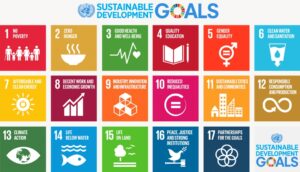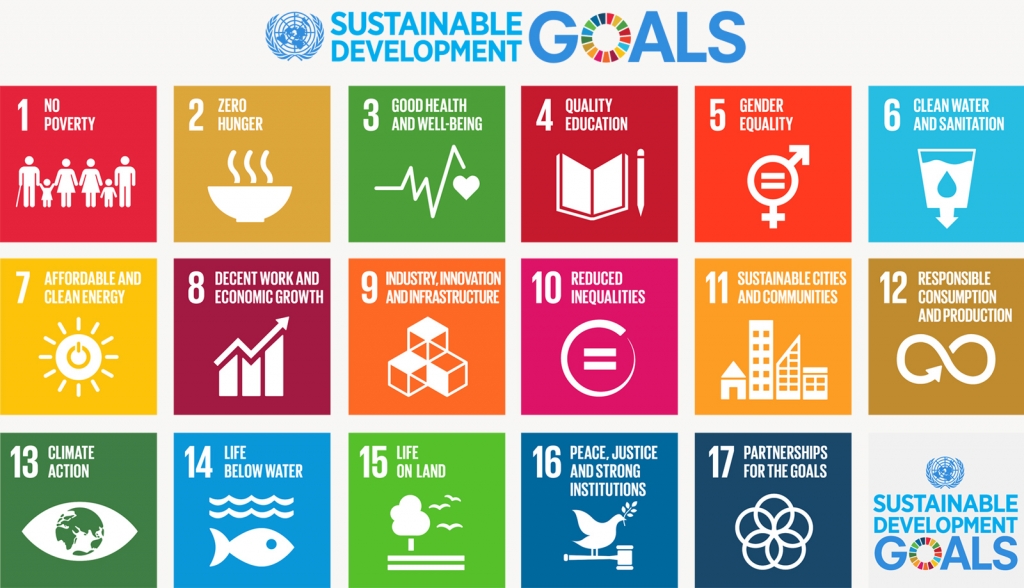
End poverty and hunger. Educate every child. Promote decent work for all. Utopian? Yes. Impossible? No.
At least not according to some of the world’s leading companies and best-known brands. Somewhat surprisingly, given the lofty ambitions involved, they are embracing the 17 UN-led Sustainable Development Goals, adopted by leaders from 193 nations in 2015.
While governments are responsible for national efforts to achieve the SDGs (and their 169 targets) by 2030, global corporations are also throwing their resources and influence into this unprecedented effort to solve the world’s social and environmental challenges. Several present and past Context clients are among those reporting or exploring how their sustainability and business strategies support the SDGs (also known as Global Goals). These early adopters view the goals as a way to marshal their approach to sustainable development, engage socially-conscious Millennial employees and potentially gain business benefit. For those who may like to join them, here is a primer on the state of play.
Who is on the bandwagon?
Unilever, PepsiCo, Sodexo and HP are among sector leaders incorporating the goals in their reporting, sustainability programs and/or business strategy and development. H&M, SAB Miller and Microsoft are members of the UN SDG Fund’s Private Sector Advisory Group. (The goals will cost a hefty $3 trillion a year to implement).
What approach are they taking?
This varies significantly. Some companies emphasize and act on the Global Goals that tie closely to their products and operations. PepsiCo, for example, has committed to supply clean water to 25 million people in the world’s most water-stressed areas, supporting Goal 6 – clean water and sanitation for all. Others, such as HP, are starting out by mapping their business and sustainability activities against the SDGs for reporting purposes.
The most ambitious are tying their business strategy and vision directly to the goals framework. Beer maker SAB Miller, which recently merged with Anheuser-Busch InBev, compressed the 17 goals into five material sustainable development priorities for its business.
Unilever’s Sustainable Living Plan business strategy supports the SDGs, and the company links brands to specific goals. Lifebuoy soap, for example, aims to improve the hand-washing habits of 1 billion people by 2020 reducing childhood disease and death. Says CEO Paul Polman, “Every business will benefit from operating in a more equitable, resilient world if we achieve the SDGs.”
How can interested companies learn more?
- The UN Global Compact, a business forum, has produced actionable sector-specific briefs for each SDG, starting with the energy, food and beverages, financial services, healthcare and transportation sectors, among others. Corporate leaders looking to advance the SDGs through collaborative innovation can join Global Compact LEAD.
- The SDGBusinessHub, run by the World Business Council for Sustainable Development, links to resources, tools and case studies.
- Ethical Corporation has enlisted insights from sustainability leaders at Johnson & Johnson, Walgreens Boots Alliance and ING, for a big picture brief on integrating SDGs into business operations.
- Contact us! Context is working with clients to orient their sustainability priorities and efforts around the global SDGs framework in bespoke ways that make sense for their business.
